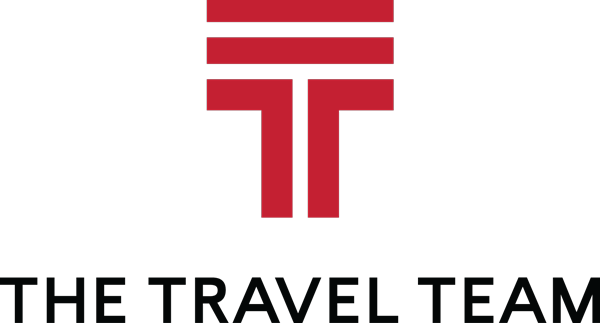The corporate travel industry is filled with jargon. Understanding these terms can help you educate your travelers and optimize your organization’s travel program.
Adoption Rate
The percentage of bookings made through your managed travel program in compliance with company policy. Increased adoption rate enhances duty of care and travel spend insights.
Advance Purchase Requirement
Airfares that must be purchased in advance for the best price.
Airline Capacity
The maximum available seats on a route. Measured in part using Available Seat Miles (ASMs), which is determined by multiplying the number of available seats on an aircraft by the number of miles the aircraft travels.
Airline Frequency
How many flights an airline operates on a specific route during a specific timeframe.
Average Daily Rate (ADR)
The average rate of a hotel room, calculated by dividing room revenue by rooms sold.
Best Available Rate (BAR)
The lowest unrestricted rate for a hotel room.
Bleisure
The combination of business and leisure travel.
Book-and-Claim
The ability to pay for (and claim the benefits of) sustainable aviation fuel, even if this type of fuel is not available for a specific flight.
Booking Class
How aircraft seats are categorized, with each class representing a different tier of fares and conditions.
Codeshare
An agreement between multiple airlines allowing each airline to sell a single flight (operated by a single carrier within the agreement) under their own airline code and flight number.
Continuous Pricing
An airline pricing strategy where carriers adjust fares based on factors like supply, demand, and traveler behavior with no booking class restrictions. Also called total dynamic pricing.
Corporate Rate
A negotiated rate between suppliers and corporations for business travel. Corporate fares are corporate rates negotiated with airlines specifically.
Duty of Care
The responsibility of a company and its travel managers to promote the safety and success of their employees when traveling for business.
Dynamic Pricing
An airline pricing strategy where carriers adjust fares in real time based on a specific trip’s details, supply, and demand. This pricing strategy is limited to 26 booking classes.
Electronic Data Interchange for Administration, Commerce and Transport (EDIFACT)
A computer language used to share suppliers’ travel content through global distribution systems.
Global Business Travel Association (GBTA)
International business travel and meetings trade organization with the goal of equipping members to navigate the changing business travel landscape.
Incidentals
Expenses incurred during a business trip outside primary travel expenses. Examples include meals, parking, and tips.
Interline Partnerships
An agreement between multiple airlines allowing one carrier to sell a flight provided by another carrier. This differs from codesharing because the flight is sold under a single airline code and flight number.
International Air Transport Association (IATA)
The trade association for the world’s airlines, responsible for supporting many areas of aviation activity and helping formulate industry policy.
Jet Crack Spread
The price difference between crude oil and aviation fuel, which affects airfare.
Land Arrangements
The non-flying elements of a business trip, including hotel and car reservations.
Last Room Availability
A contract between a corporation and a hotel guaranteeing the hotel will sell its rooms to the corporation’s travelers at the contracted rate, regardless of how many rooms are available in the hotel.
Leakage
Any booking made outside of corporate policy. These bookings make duty of care, financial reporting, and travel analysis difficult.
Load Factor
A metric used in the airline industry to measure the percentage of available seating capacity that has been filled with passengers. A high load factor indicates an airline has sold most of its available seats and is preferred over a low load factor.
Managed Travel
A corporate travel program with documented policy for more strategic, more comprehensive, and safer travel.
New Distribution Capability (NDC)
An airline-led initiative launched by IATA for the development and market adoption of a new, XML-based data transmission standard (NDC Standard).
Onward Connection
The flight to a traveler’s final destination when this flight occurs after a layover.
Open Jaw Booking
A round-trip itinerary where a traveler flies into one city and departs from another.
Preferred Supplier Program
The suppliers travelers are either encouraged or required to book with for corporate travel. These suppliers often offer discounted corporate rates or enhanced experiences in exchange for guaranteed bookings. Generally part of a managed travel program.
Restricted Fare
Discounted airfare with restrictions such as advance purchase requirements, minimum stay requirements, or change or cancellation limits.
Sustainable Aviation Fuel (SAF)
Alternative biofuel made from waste plant or animal material with similar properties to conventional jet fuel. SAF has the potential to drastically reduce lifecycle greenhouse gas emissions as compared to conventional jet fuel.
Unrestricted Fare
An airfare with no limitations.


